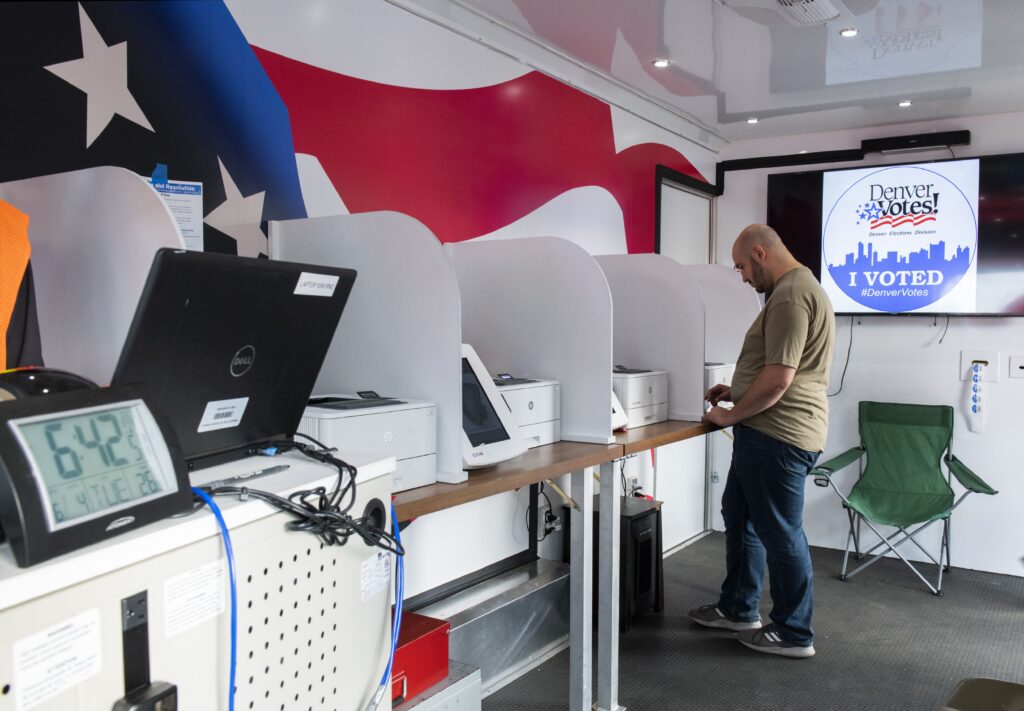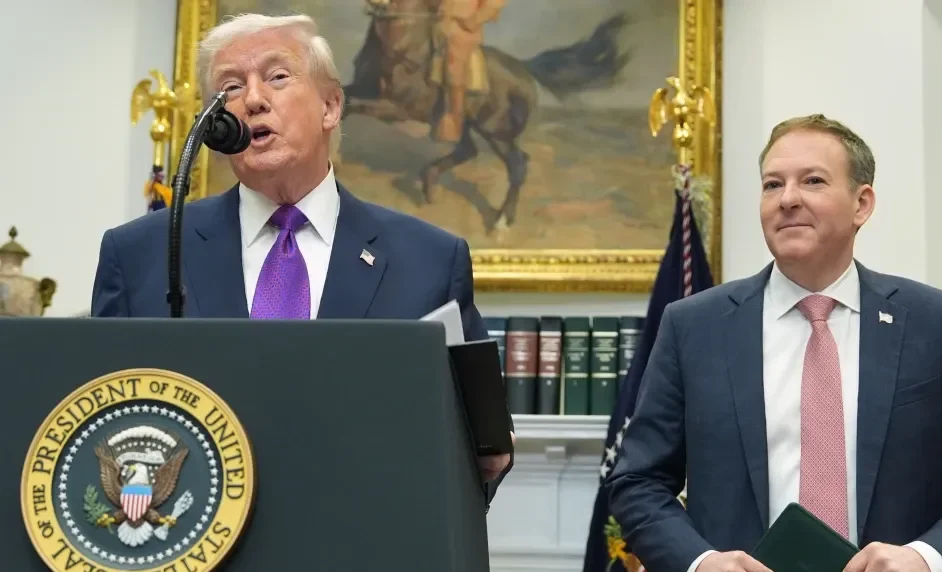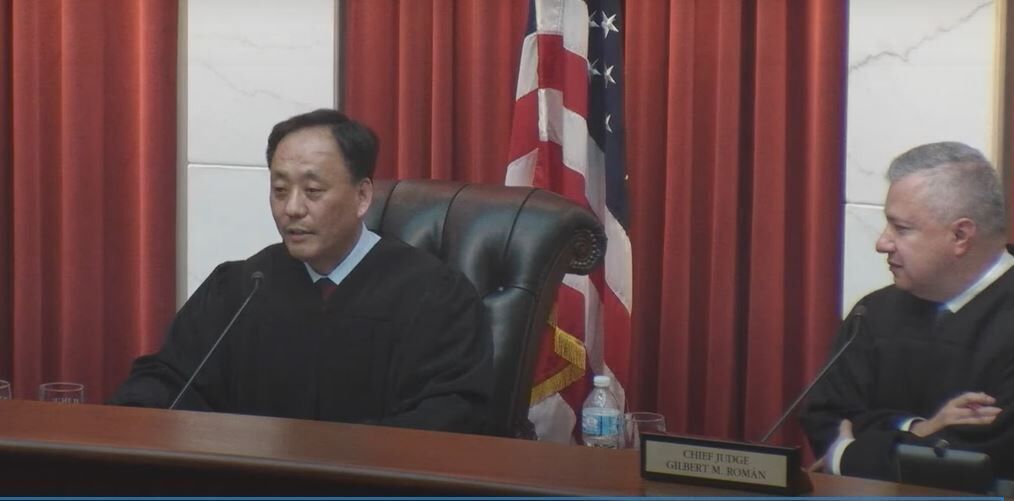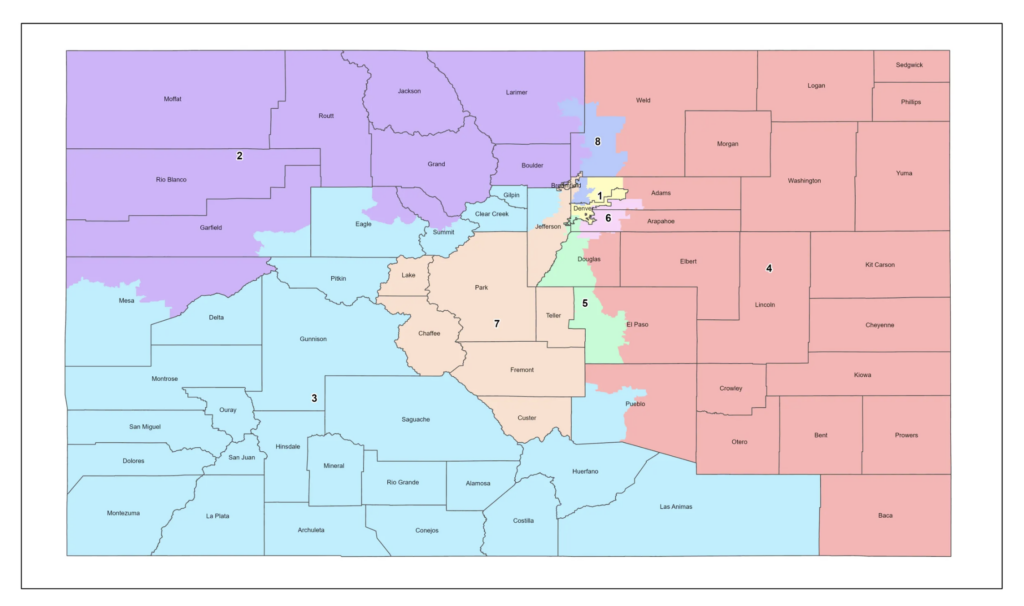ANALYSIS: 5 takeaways from Colorado’s 2025 special session
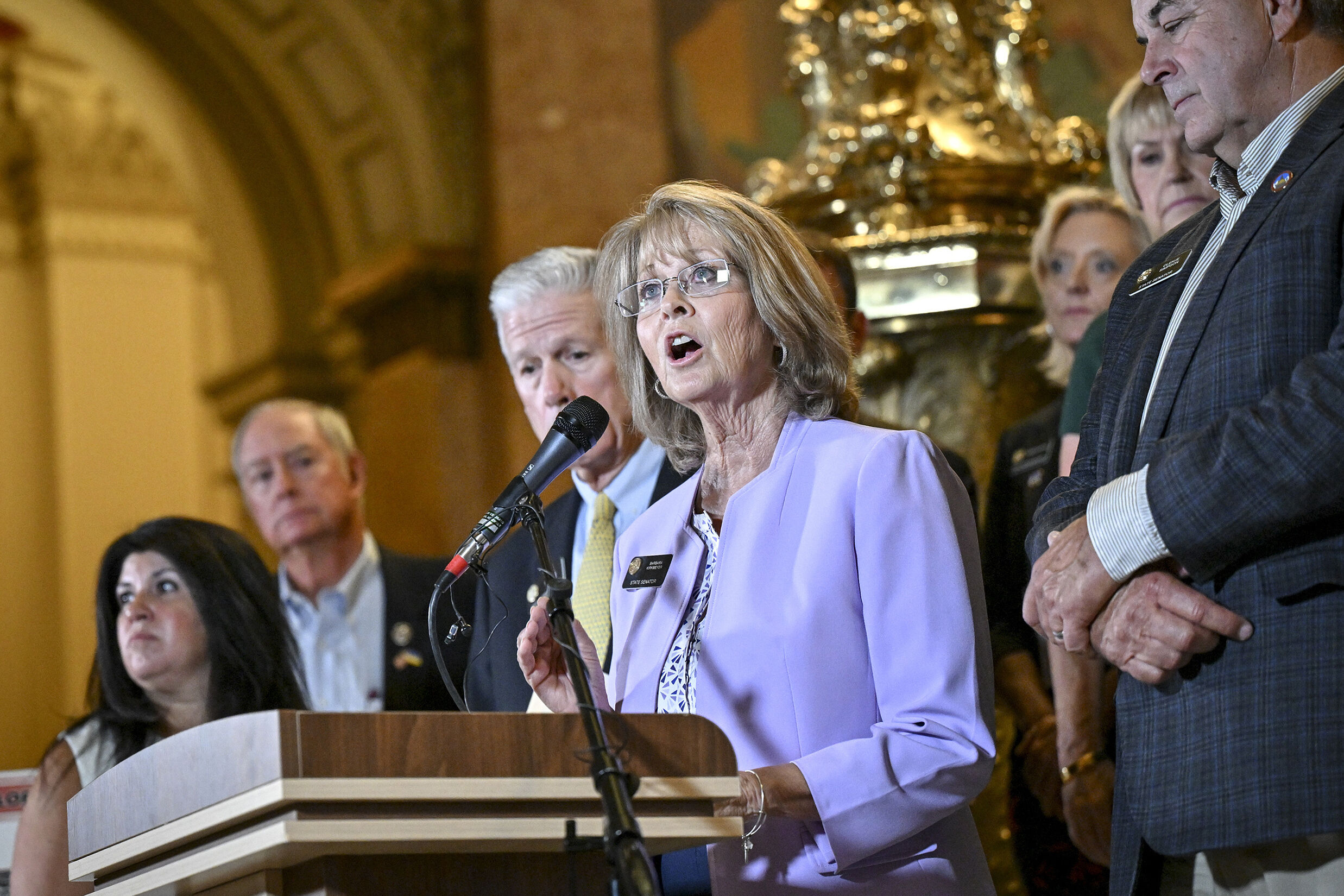
The six-day special session of the General Assembly dealt with the state’s fiscal crisis, artificial intelligence, a ballot measure on school meals, and health insurance premiums.
Democrats said the special session was needed because of a $1.2 billion loss individual and corporate income tax revenue. Republicans have rejected that framing of the problem, insisting that Democrats, long warned of a looming deficit, kept increasing state spending.
Here are four takeaways from the session that concluded on Tuesday, Aug. 26:
The special session didn’t solve the $783 million general fund budget shortfall
In his call, Gov. Jared Polis identified several fiscal issues and, in an interview, he emphasized that he would leave the details to lawmakers to sort out.
“The legislators decide what bills to pass and what to do, and the specifics,” Polis said.
As it turned out, lawmakers left the decision of where to cut to the governor. State law, in fact, already gives that authority to the governor when the state sees a significant drop in revenue. Polis announced his budget-balancing plan on Thursday.
Lawmakers passed laws to generate additional tax revenue from the corporate sector to help cover some of the shortfall. All told, they expect the measures to raise about $253.2 million from tax credit sales ($100 million), tighter controls on foreign “tax havens,” elimination of tax incentives to insurance companies for home offices, axing the state’s vendor fee for retailers that collect state taxes, and “decoupling” the state from the federal code on tax issues, such as qualified business income deductions and Foreign-Derived Intangible Income (FDII) deductions.
Polis said he would cover the rest of the shortfall by tapping 2% — up to $326 million — of the state’s general fund reserve; $103 million in budget cuts to state agencies; $3 million from a hiring freeze that went into effect on Aug. 27; and a transfer of $149 million from cash funds, including $105 million from the state’s affordable housing fund.
Artificial intelligence regulation proves too complicated for special session
This was the second time lawmakers tried to work on “fixes” to artificial intelligence regulations that Polis signed in 2024.
The law imposes requirements on developers and “deployers,” including small businesses, hospitals, colleges, schools and banks, to ensure, supporters said, that they aren’t using AI to discriminate on a range of issues, such as employment, finance, healthcare, education, legal services, and housing.
After Polis signed the law, however, he signed a letter, along with Attorney General Phil Weiser and the bill’s 2024 sponsor, Senate Majority Leader Robert Rodriguez, D-Denver, to ask for a task force that would look at issues such as disclosure, liability and AI definition.
The 2024 law was introduced on April 10, but its first committee hearing didn’t happen until April 24. It waited another week for a Senate debate, and by then the crunch was on, with just five days left in the session.
In this year’s regular session, after the task force met during the interim, Rodriguez also changes to the 2024 law, which was scheduled to take effect on Feb. 1, 2026.
It drew immediate criticism from the tech industry, as well as from public schools and colleges, which were worries about the costs of implementing the 2024 regulations. The bill died seven days later.
In the special session this month, negotiations between labor unions, consumer groups, and the tech industry — as well as venture capitalists and small businesses — failed. Rodriguez ultimately agreed to a delay of the 2024 law until June 30, 2026. The AI bill was the last action taken by both the House and Senate on the sixth day of the special session.
Lawmakers have until the end of the 2026 session, which is May 13, to come up with a “fix.”
Bills fail when deals aren’t secured earlier
That may be the lesson for the artificial intelligence bill.
There were four competing measures on AI during the special session, two from Republicans and two from Democrats. The Republican bills died on the first day. The other Democratic bill, sponsored by Rep. William Lindstedt of Broomfield, was held in reserve — a potential placeholder — until the next-to-last day.
At the same time, lawmakers waited to see what happened to the Rodriguez bill.
For a historical perspective, consider 2017 and the omnibus “Sustainability of Rural Colorado” law. Metro Denver’s Regional Transit District and other special districts pointed out an error in the law that eliminated their share of marijuana tax revenue. Gov. John Hickenlooper asked lawmakers to return to fix it, but Republicans insisted it wasn’t necessary and could wait until January. A Republican majority in the state Senate and lack of a deal meant every bill died and the session ended after two days.
In contrast, last year’s special session on property taxes was largely smooth sailing, with two bipartisan bills sent to the governor. The governor, legislators and two key groups had secured an agreement before the special session began.
The state Capitol is hot — and not in the ‘great place to hang out’ kind of way
A lack of air conditioning in the Capitol made most of the special session sticky.
There are offices with air conditioning, but there were times when the House and Senate chambers, the galleries, and the basement press office became uncomfortable.
Could an email have accomplished it all?
Leave it to the Colorado Sun’s Jesse Paul for the final word on the special session, although his reference was to Day 5, not the whole session: “Maybe it could have been an email.”






